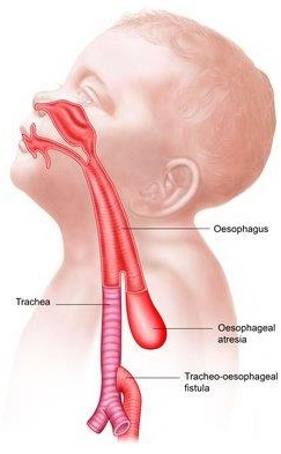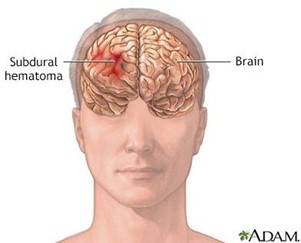A child is upset because, when the cast is removed from her leg, the skin surface is caked with desquamated skin and sebaceous secretions. What should the nurse suggest to remove this material?
Apply powder to absorb the material.
Vigorously scrub the leg.
Carefully pick the material off the leg.
Wash the area with warm water and soap
The Correct Answer is D
When the skin surface is caked with desquamated skin and sebaceous secretions after the removal of a cast, the nurse should suggest washing the area with warm water and soap. This will help to gently cleanse the skin and remove the accumulated material without causing unnecessary trauma or irritation.
Option A, applying powder to absorb the material, may not effectively remove the caked material and could potentially lead to further clumping or discomfort.
Option B, vigorously scrubbing the leg, can be harsh on the skin and may cause skin irritation, redness, or even abrasions. It is important to be gentle and avoid excessive scrubbing, especially on the fragile and recently exposed skin.
Option C, carefully picking the material off the leg, can increase the risk of skin injury or introduce bacteria into the skin. Picking at the skin should be avoided to prevent further damage or infection.
Therefore, option D, washing the area with warm water and soap, is the most appropriate and gentle method to remove the caked material from the skin surface
Nursing Test Bank
Naxlex Comprehensive Predictor Exams
Related Questions
Correct Answer is A
Explanation
When caring for a neonate with a suspected tracheoesophageal fistula (TEF), nursing care should include elevating the head but giving nothing by mouth. Tracheoesophageal fistula is a condition where an abnormal connection exists between the trachea and oesophagus, leading to the passage of air and secretions between these structures. Feeding the infant orally can result in aspiration of feedings into the lungs, which can cause respiratory distress and complications. Therefore, it is important to keep the neonate in an upright position to reduce the risk of aspiration until a definitive diagnosis and treatment plan are established.
elevating the head for feedings in (option B), is not appropriate in this case as oral feedings should be avoided until the tracheoesophageal fistula is addressed.
avoiding suction unless the infant is cyanotic in (option C), is not correct. Suctioning may be necessary in neonates with suspected tracheoesophageal fistula to clear secretions and maintain a patent airway.
feeding glucose water only in (option D), is not an appropriate intervention for a neonate with a suspected tracheoesophageal fistula. In this situation, all oral feedings should be withheld until further evaluation and management.

Correct Answer is A
Explanation
A subdural hematoma is a type of intracranial bleeding that occurs between the dura mater (the
outermost layer of the meninges) and the skull. The dura mater is a tough membrane that covers
and protects the brain. When a subdural hematoma occurs, blood collects between the dura mater
and the skull, resulting in increased pressure on the brain.
Bleeding is generally arterial, and brain compression occurs rapidly in (Option B) is incorrect because
while bleeding in a subdural hematoma can be arterial, it can also be venous. The rate of bleeding
and brain compression can vary depending on the size and severity of the hematoma.
Bleeding occurs between the dura and the cerebrum in (Option C) is incorrect because the bleeding
in a subdural hematoma does not occur between the dura and the cerebrum (the largest part of the
brain). It specifically occurs between the dura and the skull.
The hematoma commonly occurs in the pretemporal region in (Option D) is incorrect because the
location of a subdural hematoma can vary. While pretemporal region is a possible location, subdural
hematomas can occur in different areas of the brain, depending on the site of injury.

Whether you are a student looking to ace your exams or a practicing nurse seeking to enhance your expertise , our nursing education contents will empower you with the confidence and competence to make a difference in the lives of patients and become a respected leader in the healthcare field.
Visit Naxlex, invest in your future and unlock endless possibilities with our unparalleled nursing education contents today
Report Wrong Answer on the Current Question
Do you disagree with the answer? If yes, what is your expected answer? Explain.
Kindly be descriptive with the issue you are facing.
